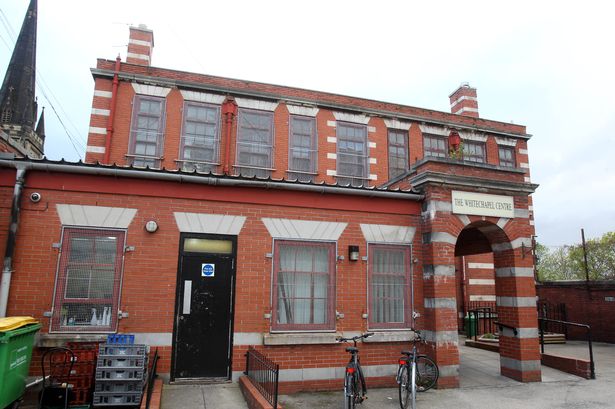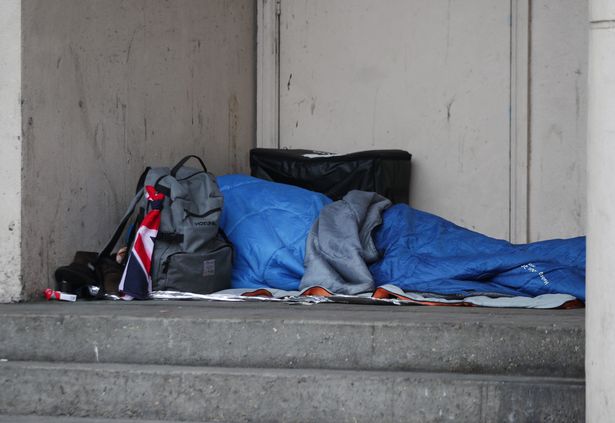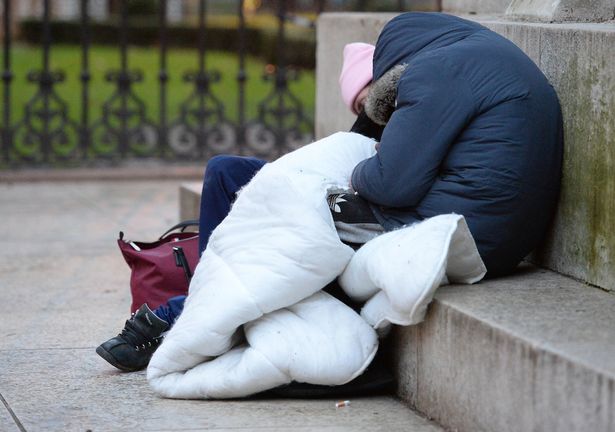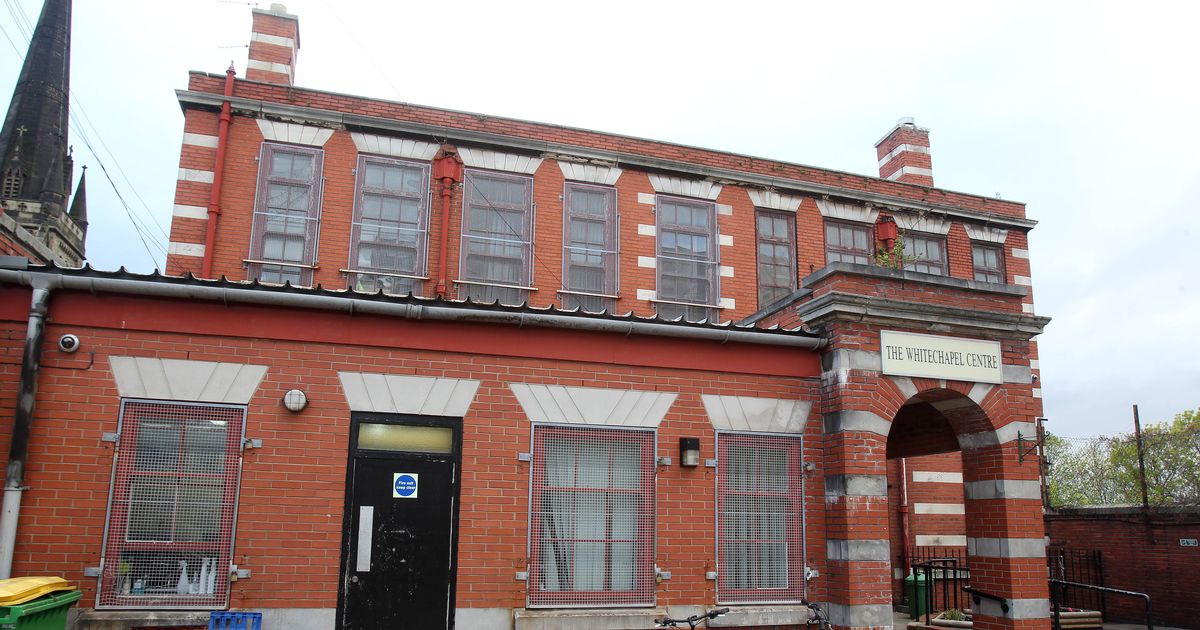Hundreds of thousands of pounds is to be pumped into support The Whitechapel Centre in Everton, Liverpool. Picture: Ian Cooper
The Whitechapel Centre in Everton, Liverpool. Picture: Ian Cooper
Hundreds of thousands of pounds is to be invested into supporting more people through drug and alcohol treatment and to help people out of rough sleeping across Liverpool. The city council’s cabinet is expected to sign off on a grant award to the Whitechapel Centre for the delivery of two key services.
Subject to leaders agreeing to the plans when they convene at the Town Hall tomorrow evening, more than £750,000 could be awarded from a wider £8m pot. The funding for the Whitechapel Centre will go towards the city’s vision to have a “high-quality treatment and recovery service underpinned by robust, proactive clinical leadership and trauma informed practice.”
The new pot of cash is expected to help fund services led by Whitechapel until March 2026. These include those at risk of homelessness and drug and alcohol treatment for those rough sleeping.
Initial rough sleeping drug and alcohol treatment (RSDAT) grant funding was first awarded to Liverpool Council in 2020 to create a new innovative project, supporting people who were rough sleeping and/or brought into emergency accommodation during the Covid-19 pandemic, to engage with health, harm reduction and substance misuse treatment.
The funding provided the opportunity to develop a model known as ‘Pathways’ which offered intensive support in a multi-faceted way to people who can fall through ‘gaps’ between the remit of individual service providers, and who do not traditionally access services in a successful way.
Of the 65 active cases the project was supporting at year end March 31 this year, just four people (6%) were currently rough sleeping, whereas 29% had been at the start of engagement.
 File photo of a homeless person sleeping rough(Image: Yui Mok/PA Wire)
File photo of a homeless person sleeping rough(Image: Yui Mok/PA Wire)
The rest of people supported were referred when they were deemed at risk of rough sleeping, and the project works in partnership with accommodation providers and other agencies to reduce the risk of repeated accommodation breakdown.
The second specific element of funding and interventions focuses on those who are at risk of homelessness due to their drug and alcohol use. It recognises that people in Liverpool face an interconnected set of challenges which make experiencing housing stress more likely and therefore requires a coordinated response to holistic support.
 File photo of two homeless people sleeping rough(Image: PA)
File photo of two homeless people sleeping rough(Image: PA)
The Recovery Support Service (RSS) has been in operation since October 2024 when it was first piloted. It is designed to support individuals experiencing addiction who are at risk of losing their homes.
This risk is not limited to those who have already received eviction notices; it also includes individuals facing housing insecurity due to challenges related to substance dependency.
The service offers a wide range of practical and financial support, with the overarching goal of helping people move toward positive, lasting change in their lives.
